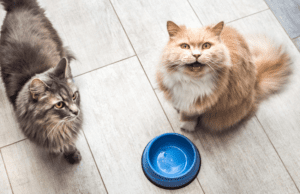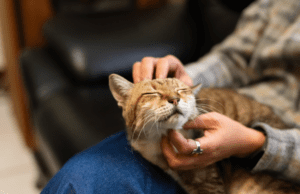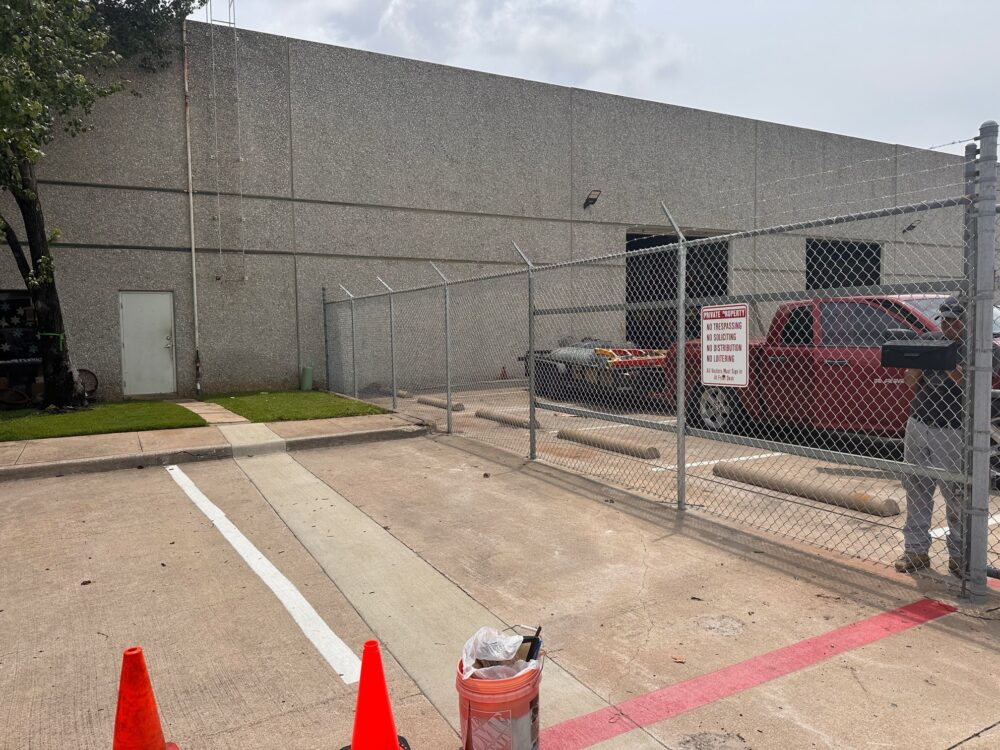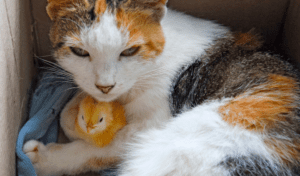As cat owners, our furry companions mean the world to us. We want to ensure they are healthy and happy, and part of doing that is understanding the nutrients they require. One of the most important vitamins for cats...
As cat owners, our furry companions mean the world to us. We want to ensure they are healthy and happy, and part of doing that is understanding the nutrients they require. One of the most important vitamins for cats is Vitamin B12.†
Vitamin B12 helps to maintain healthy nerve cells, aids in the production of DNA and red blood cells, and supports immune function. Itís important to ensure your cat gets enough of this essential vitamin.
In this blog post, we will explore the role of B12 for cats, its nutrition, and what you can do to ensure their needs are met.
What is Vitamin B12?
Vitamin B12, also known as cobalamin, is a water-soluble vitamin that belongs to the B-vitamin family. Itís essential for the proper functioning of your catís body.†
Vitamin B12 plays a pivotal role in various bodily processes, including:
Cell formation
Vitamin B12 is essential for producing red blood cells. Red blood cells carry oxygen to different body parts, ensuring proper cellular function.
Neurological health
This vitamin helps maintain the nervous systemís health, ensuring your catís brain and nerves function correctly.
Energy metabolism
Vitamin B12 is crucial for breaking down food into energy. It helps your catís body process carbohydrates, fats, and proteins, which are the building blocks of a healthy cat.
Why is Vitamin B12 important for cats?

Vitamin B12 is an essential nutrient for cats because it helps to maintain healthy nerve cells, supports immune function, and aids in the production of DNA and red blood cells. Without adequate levels of Vitamin B12, your cat can experience various health problems such as extreme tiredness, weight loss, diarrhea, and anemia. As such, ensuring your catís health and well-being is vital.
What are the best sources of Vitamin B12 for cats?
Vitamin B12 is found naturally in most foods. And fortunately, there are various sources of Vitamin B12 for cats:
#1 Commercial cat food
Most high-quality commercial cat foods are formulated to meet your feline friendís nutritional needs, including Vitamin B12. When choosing cat food, look for labels that specify Vitamin B12 as an ingredient.
#2 Supplements
If your cat has a medical condition that affects their ability to absorb Vitamin B12 from food, your vet may recommend supplements.
#3 Meat
Cats are obligate carnivores, which means they need meat in their diet. Meat, especially liver, is an excellent natural source of Vitamin B12. If you prepare homemade cat food, include meats like chicken, turkey, and beef, but consult your vet to ensure your cat gets a well-balanced diet.
#4 Fish
Some fish, like salmon and trout, contain Vitamin B12. However, itís important to note that fish should be given in moderation, as too much can lead to nutritional imbalances.
What happens if your cat does not get enough B12?
If your cat does not get enough B12, it may suffer from various health problems. Symptoms can include:
#1 Anemia and lethargy
One of the most apparent signs of Vitamin B12 deficiency in cats is anemia, where your catís body lacks enough healthy red blood cells. Anemic cats may experience lethargy, lack of appetite, weakness, and pale or yellow gums. The lack of energy might cause your pet to engage in fewer physical activities, affecting their mood.
#2 Digestive issues
Another significant effect of Vitamin B12 deficiency in cats is gastrointestinal problems that can manifest as diarrhea and vomiting. This occurs because Vitamin B12 is vital for the normal functioning of the digestive system.†
Without enough B12, the digestive system canít perform its regular functions, leading to irritations that can cause digestive issues.
#3 Weight loss
A cat with B12 deficiency can still eat, but their body wonít process nutrients well. They might lose weight despite eating regularly. This is because Vitamin B12 aids in metabolizing fatty acids, carbohydrates, and proteins. With insufficient B12, your catís body wonít process these nutrients properly.
#4 Neurological issues
Vitamin B12 deficiency can also cause neurological problems in cats. Nerves are wrapped in a protective sheath called myelin, and Vitamin B12 is crucial for myelin formation.†
Without enough B12, the myelin sheath may deteriorate, leading to various neurological symptoms, including paralysis, poor muscle coordination, and lack of balance.
#5 Skin and coat issues
Lastly, a lack of Vitamin B12 can result in skin and coat issues. Cats with B12 deficiency might develop a severe skin condition called seborrhea, which can cause oily, flaky, and itchy skin.†
Furthermore, cats can develop hair loss, a dull coat, or dandruff.
How can you help your cat meet its B12 needs?

The best way to ensure your cat gets enough Vitamin B12 is by feeding them a balanced diet of animal-based foods. You can also choose to supplement their diet with a Vitamin B12 supplement.†
However, itís always important to speak with your veterinarian before adding supplements to your diet and follow the recommended dosage.
Learn more about pet resources and connect with other animal lovers!
Become a Dooberteer, and together, we can make a difference in the lives of our pets.
The post The Role of Vitamin B12 in Cat Nutrition: What You Need to Know appeared first on Doobert LIVE.















